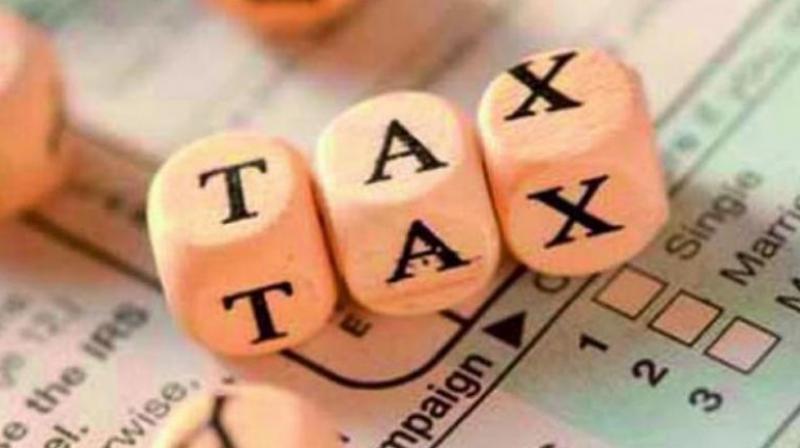What’s in store for a taxpayer
Custom duty on gold and other precious metals increased.

Keeping the ball rolling for building a bright and stable new India, the main focus of finance minister’s speech was on ‘putting the nation first’ based on the principles of “Reform, Perform and Transform”. In her comprehensive speech, the finance minister elaborated on the government’s vision to make India a $5 trillion economy over the next five years by giving an impetus to investments, infrastructure, housing for all, education, start-ups and Make in India.
Acknowledging taxpayer’s contribution towards nation building, the finance minister outlined various tax proposals to incentivise investments, ease compliances for taxpayers, improve tax administration and at the same time, increase tax revenues. With a view to achieve the objective of ‘Housing for All by 2022’, an additional deduction of upto Rs 1.5 lakh for interest paid on loans for purchase of an affordable house valued upto Rs 45 lakh has been proposed, resulting in a benefit of Rs 7 lakh over the loan period of 15 years. This is expected to encourage investment in housing and give a boost to the real estate sector.
Recognising the need for securing an individual’s retirement and leave more cash in the hands of the National Pension System (NPS) subscribers; the exemption limit has been increased from current 40 per cent to 60 per cent on final withdrawal from NPS accumulation. To incentivise NPS subscribers more, it is proposed to increase the limit of deduction from 10 per cent to 14 per cent towards pension contribution by Central government employer on account of employee.
Additionally, the government also decided to extend the pension benefit to retail traders and small shopkeepers whose annual turnover is less than Rs 1.5 crore via introducing a new scheme —Pradhan Mantri Karam Yogi Maandhan. The administrative processes in this scheme has been kept easy for the subscribers as the enrolment will be completed with Aadhaar and bank account of the individual along with other requisite documents on self-declaration basis. This is expected to benefit three crore individuals.
With an objective to promote use of electric vehicles affordable to consumers, it is proposed to provide an additional tax deduction of Rs 1.5 lakh on the interest paid on loans taken to purchase electric vehicles.
Taking a pragmatic step in tax scrutiny; the budget proposes to have faceless tax assessments. Currently, the existing system of assessments involves personal interaction between the taxpayer and the department official, which at times leads to certain undesirable practices. This step will surely avoid such adverse practices and will bring transparency in the assessment process.
An important measure introduced is the inter-operability of PAN and Aadhaar. Individuals who do not have PAN will now be able to quote their Aadhaar number in any document where PAN was required.
On the flip side, in order to collect more taxes and to increase contribution to tax by individuals falling in highest income bracket, surcharge on individuals with taxable income from Rs 2 crore to Rs 5 crore and `5 crore and above has been enhanced to 25 per cent and 37per cent respectively. This would result in an effective tax rates for such taxpayers increasing by three per cent and seven per cent respectively.
By Akhil Chandna, director of Grant Thornton India LLP, with inputs from CA
Rajat Trivedi

